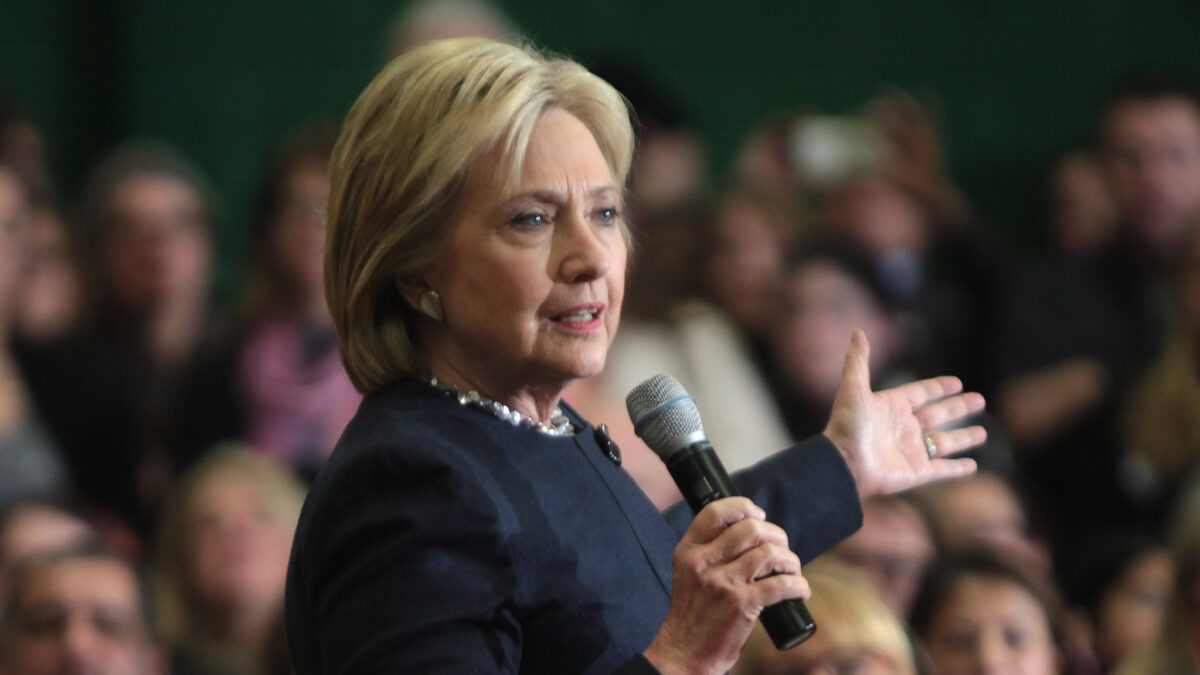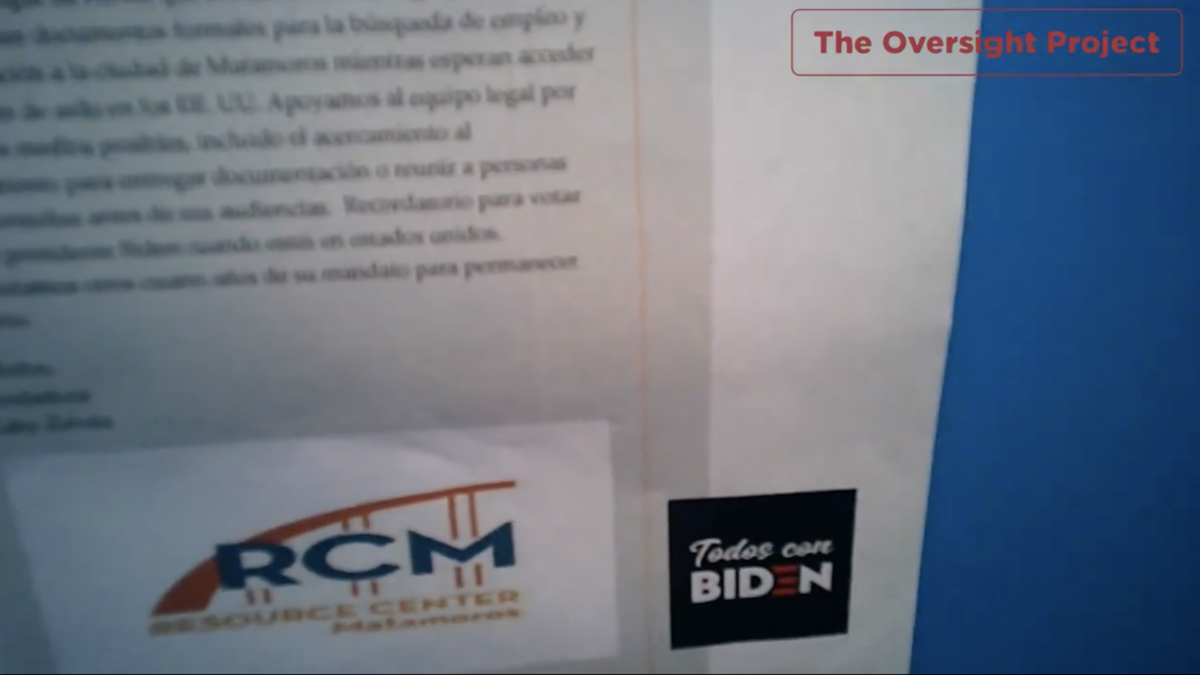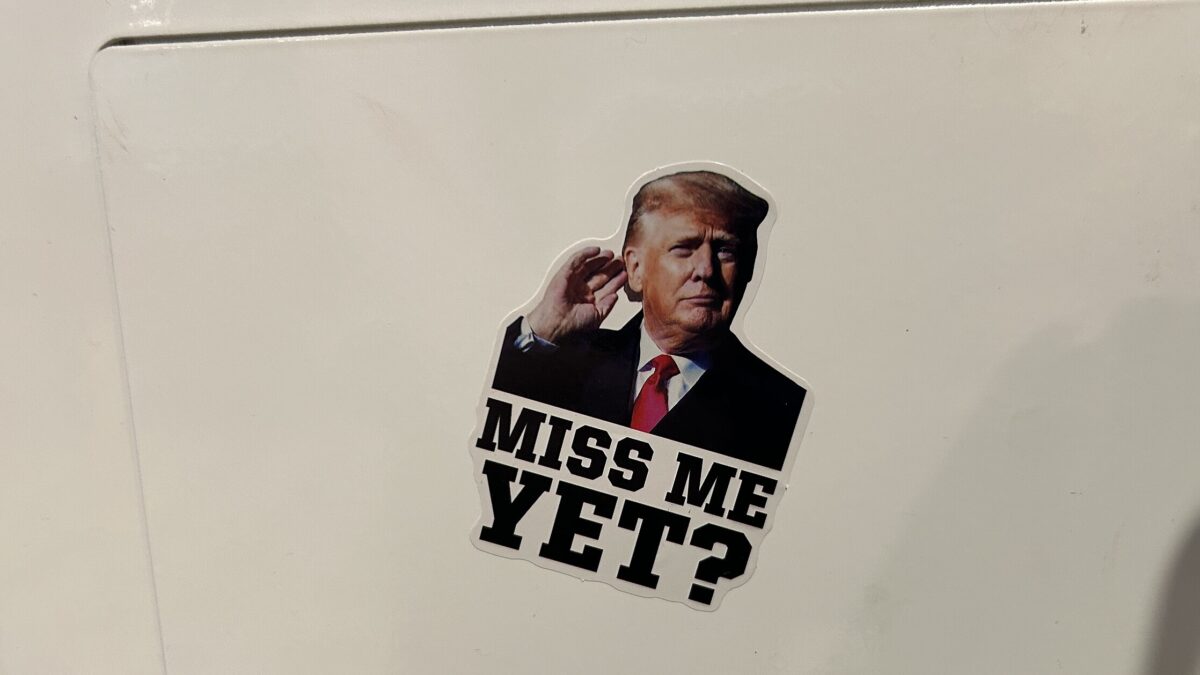Special Counsel John Durham released his long-awaited report on the Crossfire Hurricane investigation Monday. While the 306-page report includes some new details of the Russia-collusion hoax, the Clinton campaign’s role in the plot, and the FBI and intelligence agencies’ misconduct, much of the content merely rehashes what conservative media have reported for the last five years. Still, our country needed a public record of the events that represent one of the biggest political scandals in American history, and on that front Durham delivered.
FBI’s Unjustified Investigation
Of the many details Durham confirmed in his report, officially titled “Report on Matters Related to Intelligence Activities and Investigations Arising Out of the 2016 Presidential Campaigns,” the most significant was that the FBI launched the Crossfire Hurricane investigation without justification. Both Durham and former Attorney General William Barr had previously conveyed that conclusion when they publicly challenged the inspector general’s position that the investigation into the Trump campaign had been properly predicated. But the 300-plus-page report elaborated on their reasoning.
As Durham explained in his executive summary, at the direction of FBI Deputy Director Andrew McCabe, Peter Strzok opened Crossfire Hurricane as a “full investigation” almost immediately after receiving information on July 28, 2016, from Australia concerning a conversation between a diplomat and campaign volunteer adviser George Papadopoulos. The special counsel excoriated the FBI for opening the full investigation without even speaking with the Australian diplomat or conducting any review or analysis of the supposed intel. The FBI did not even collect or examine relevant intelligence from other U.S. agencies which, as Durham stressed, would have revealed no connection between Trump and Russian leadership officials.
In short, Durham stressed that “neither U.S. law enforcement nor the Intelligence Community” possessed any “actual evidence of collusion” when they launched Crossfire Hurricane, which spurred “multiple exhaustive and costly federal investigations.” The financial cost, however, pales in comparison to the harm inflicted on innocent individuals such as Carter Page and the damage done to the Trump administration — and our entire country.
Clinton’s Top Billing
Monday’s report also confirmed many details concerning Hillary Clinton and her campaign’s role in peddling the Russia-collusion hoax. However, Durham went much beyond summarizing the Clinton campaign’s hiring of Perkins Coie and in turn Fusion GPS, which contracted with Christopher Steele to compile the fraudulent dossier. Durham’s team also investigated the intelligence report that stated that on July 26, 2016, Hillary Clinton approved “a proposal from one of her foreign policy advisors to vilify Donald Trump by stirring up a scandal claiming interference by the Russian security services.”
Branding this the “Clinton Plan,” Durham’s report then detailed the intelligence agencies’ briefing of then-President Obama on the Clinton Plan and the CIA’s formal written referral memorandum to Comey, then the FBI director, and Strzok, then the FBI deputy assistant director. No investigation took place, though, and even now the full relevance of the Clinton Plan remains obscure, as the “additional facts that heightened the potential relevance of this” were included in a classified appendix.
For her part, Clinton claimed the “Clinton Plan” on which Obama was briefed was “Russian disinformation.” Clinton’s campaign cronies, such as John Podesta and Jake Sullivan, likewise told investigators the information was “ridiculous.” However, the special counsel’s report detailed extensive facts gathered by investigators supporting the idea of the “Clinton Plan.” Durham then concluded that either way, the government’s handling of the Clinton Plan represented a significant intelligence failure.
Beyond highlighting the Clinton campaign’s involvement in pushing the Russia-collusion hoax, Durham’s report focused heavily on Clinton to establish the double standard and political bias at work. The special counsel contrasted the DOJ’s handling of the Clinton Foundation investigation, as well as the FBI’s failure to probe foreign election influence operations targeting the Clinton campaign. While the FBI immediately opened a full investigation into Trump, the same did not occur when agents obtained stronger evidence of foreign interference related to Clinton.
The FBI’s failure to investigate the Clinton-connected Charles Dolan represented another clear example of disparate treatment of the Democrat candidate. An investigation into Dolan, who had more Russia connections than the four Trump-connected individuals investigated under the Crossfire Hurricane umbrella, was shut down by the FBI.
Outrageous FISA Abuse
Durham’s report also elaborated on the FISA abuse previously summarized by the inspector general. Durham focused heavily on the FBI’s use of the Steele dossier, stressing that agents relied on the unverified claims to support a FISA warrant and then sought three more extensions, even as the case against Page continued to weaken.
Relying on the Steele dossier also proved problematic, Durham noted, because Steele’s primary source was potentially a Russian asset. The report called out the FBI’s failure to consider that possibility, as well as its failure to conduct basic investigative techniques before relying on the dossier — again, facts long known by all except those who rely on the media outlets that pushed the hoax.
Complicit Media
This brings us to a final big-picture point: The media’s complicity in the Russia-collusion hoax was an undercurrent throughout the special counsel report.
While Durham’s investigation wasn’t about the press, over the course of the 300-some pages, the special counsel indicted our corporate media almost as much as the Clinton campaign and the FBI. From highlighting articles from legacy outlets such as The New York Times that botched major stories about Trump’s supposed collusion with Russia, to detailing the symbiotic relationship between the Clinton campaign and the media outlets, the Durham report made clear the press bore responsibility for the hoax as well.
None of this should be news, but it is because after peddling the Russia-collusion hoax, the corporate media refused to report on the unraveling of the scandal. The special counsel’s report provides the summary Americans need to understand the breadth of the malfeasance, and that is good even though Durham failed to hold anyone else criminally responsible for the plot.
In the days and weeks ahead, there will be plenty of time to evaluate the report as a whole and second-guess Durham’s charging decisions, but for now, we should celebrate that a public record of the extensive misconduct has finally been made.









